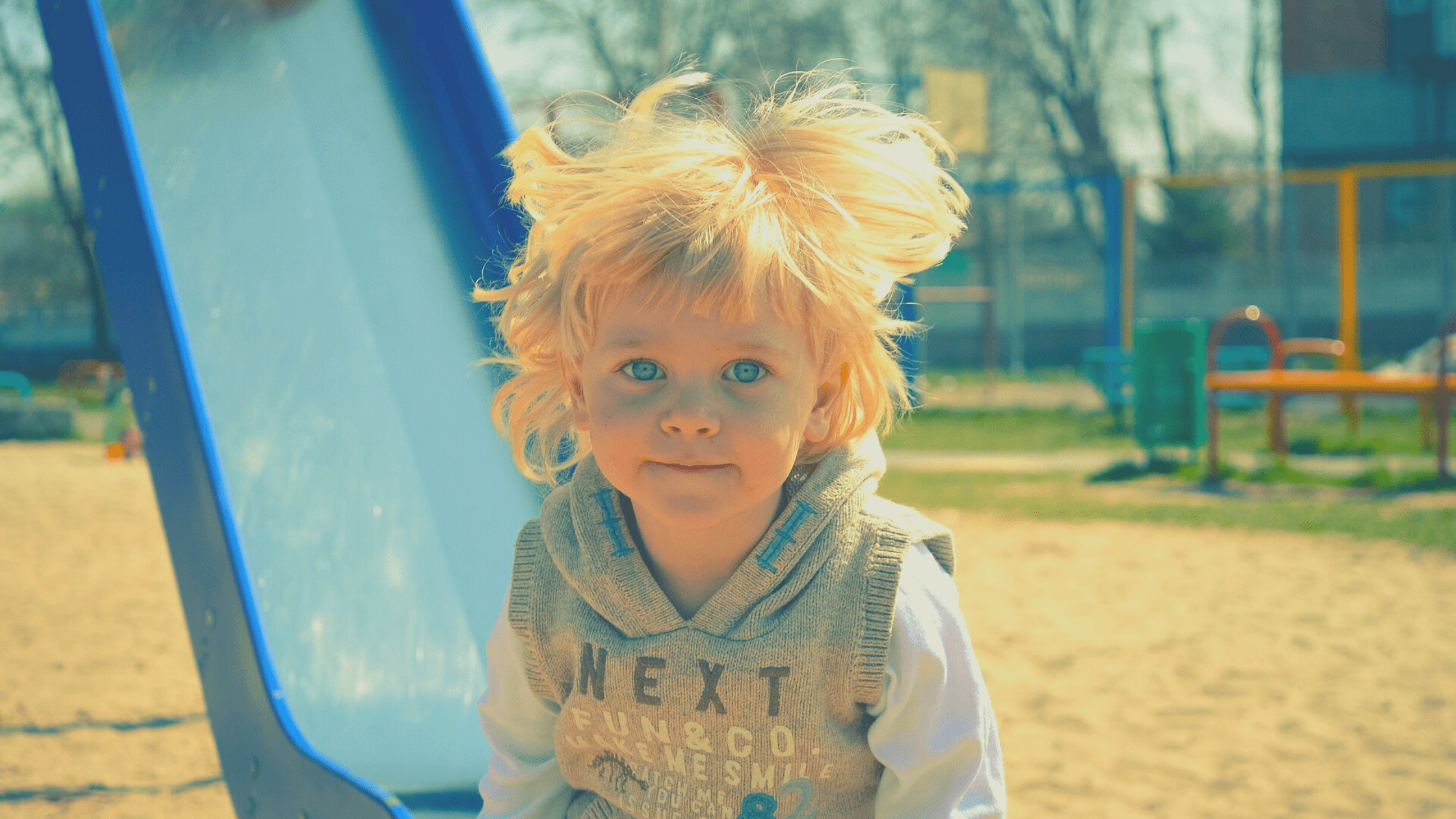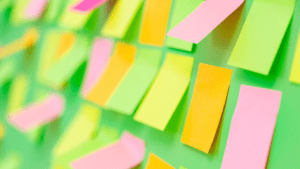
It’s that time of year again. Schools are bustling. Backpacks are full. Supplies have been purchased.
As children return to school, it reminds me of how much all of us learn in those early years. How much we forget in the years in between establishing our foundations and applying them as leaders.
Watching my son learn and hear about his day, it seems so simple. Things we’ve insisted on making complicated that don’t have to be.
Let’s look back on those simpler times, to see what lessons we can apply now. Instead of continuously looking outside ourselves, let’s look at our history…to what our inner Kindergartner can teach us.
Self-Care
Naps
Our bodies and brains need rest. None of us are designed to operate on lack of sleep. While a full night’s sleep can start the day off right, a nap can recharge, readying us for a burst of production.
Snacks
Regular, small meals, are proven to be better for our nutrition and metabolism. Eating throughout the day ensures our blood sugar stays level and prevents afternoon lulls.
Recess
Exercise stimulates oxygen in the blood and the brain. Taking a walk, breathing fresh air, and getting a change of scenery are all benefits of taking an outdoor break. Minimally, move around. Get out of the chair and visit the person you were about to call or email.
Laughter and Fun
Life and work are serious business, but that doesn’t mean we can’t enjoy them. Laughter lifts our mood. It’s difficult to get down and stay down if we’re able to find enjoyment in what we do.
Development
Coloring
We all have the opportunity to make the world more beautiful. Channeling our inner artist allows us to get creative, go outside the lines and bring our unique voice into the world.
Scissors
Many art forms are additive, such as coloring. Others, like sculpture, remove what isn’t needed. Each of us is a work of art in progress. In some cases, we may need to add (e.g. learnings), but can also improve by cutting out what’s unnecessary (e.g. limiting behaviors).
Imagination
We limit our imagination over time in the face of reality. Who says reality has the limits we perceive? So many things that were once considered far-fetched are now real. If we can imagine it, we can be it or build it. Just because we can’t see something doesn’t mean it isn’t possible.
Standing in line
There are many rules in life, that we need to know how and when to follow. Yet to achieve our true potential, we have to be willing to break out, do our own thing and create new rules.
Interpersonal Skills
Sharing
Our thoughts on sharing evolve from “what’s mine is mine and what yours is mine” to understanding there is often more than enough to go around. Accolades, ideas, or a strong shoulder – it costs us little to provide a boost to others.
Friendship
One of our core desires in life is belonging, and good friends create a shared world where they both belong. When work is confusing or challenging, friends can lend the ear or advice we need to keep moving forward.
Show and Tell
Great stories combine the visual and verbal, focused on something we care about to inspire a connection with the listener. Taking turns sharing stories allows us to develop our storytelling skills, as well as practice active listening.
Problem Solving
Pencils
Avoid mentally committing to (or documenting in ink) a single solution or course of action, with no potential for adjustment. The best solutions are iterative, leaving room for what we learn along the way.
Erasers
We all make mistakes. We all have more we can learn. By being willing to back up and start again, we can apply our learnings to achieve a better outcome.
Work Stations
Mixing visual, verbal and tactile lessons increase what students retain, as well as addressing their diverse learning methods. Find ways to learn by touch and exploration, not just reading or lecture.
Task Shifting
Rather than focusing endlessly on the same task, we can break it into pieces and process work in small increments. Short bursts allow for intense focus and delivery. If we get stumped, we can move to a new subject and come back in a future interval.
While young children have a lot to learn before they will be contributing members of society, they also have much to share.
We may have aged and matured in the years since Kindergarten, but many of the same principles apply in adulthood, particularly for self-care. Unfortunately, we are often better at taking care of others than we are ourselves.
Now that school is back in session, it may be time for the adults to go back to school as well. Let’s consider how grade school lessons in self-care, development, interpersonal skills and problem solving may help us be more successful.
What have you learned (or re-learned) from engaging with young children? Please share your thoughts in the comments and keep the conversation going.








